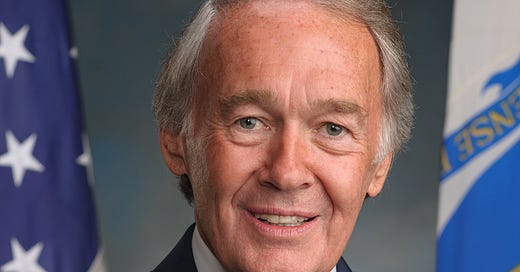Baker could have done more but for Beacon Hill | Lots of bureaucracy, few solutions for struggling students | Trumpie MassGOP chair battles to save his job | Region’s electric grid in good hands? | A…
Keep reading with a 7-day free trial
Subscribe to Contrarian Boston to keep reading this post and get 7 days of free access to the full post archives.



